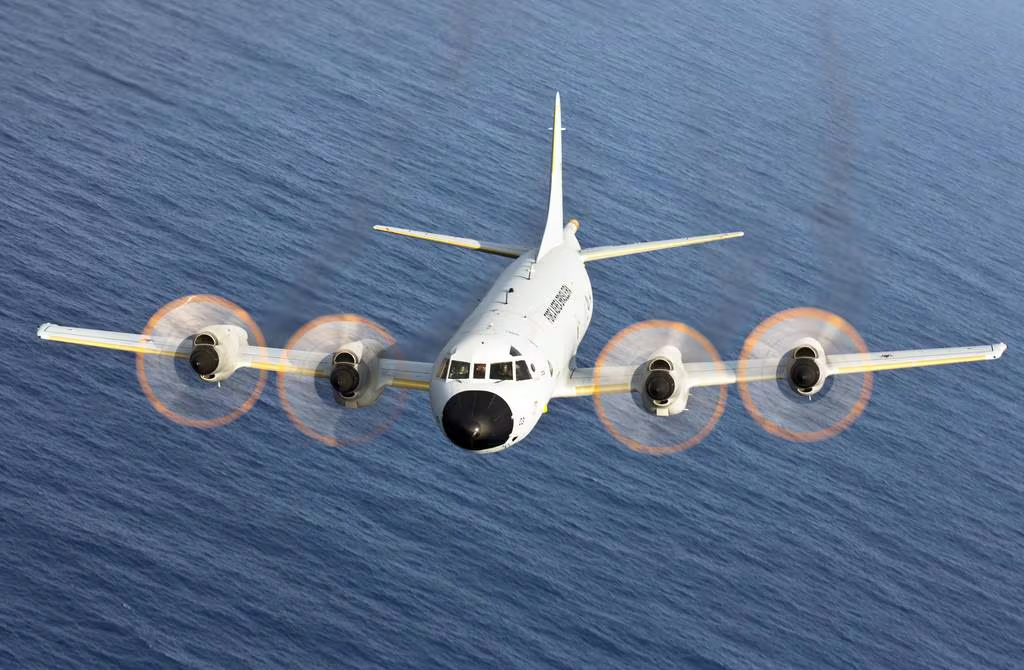
Brazil’s Air Force (FAB) is taking significant steps to modernize its maritime patrol capabilities, a mission vital to protecting its vast coastline and offshore resources. The FAB is collaborating with the nation’s flagship aerospace manufacturer, Embraer, to explore the potential conversion of existing aircraft platforms for intelligence, surveillance, and reconnaissance (ISR) missions.
The potential adaptation of the Brazilian-designed Embraer C-390 Millennium transport aircraft into a maritime patrol role garnered keen interest at the recent FIDAE 2024 air show in Santiago, Chile. Both FAB leadership and Embraer Defense and Security executives highlighted the project, showcasing an image of a C-390 fitted with anti-ship missiles during the event.
The Search is On
The Brazilian Air Force’s (FAB) confirmed replacement program for its P-3AM Orion fleet signals a significant potential contract within the global maritime patrol aircraft market. With a formal decision expected by 2026, the process presents distinct paths, each with strategic implications for the FAB and aerospace suppliers.
Alternatively, the FAB could initiate an open tender process between 2026 and 2027. This path invites competition from international manufacturers. The estimated $3 billion contract for at least six aircraft, phased over multiple deliveries, would attract major aerospace firms. Interest is already evident, with Boeing promoting the P-8 Poseidon and Airbus leveraging their C-295’s existing presence within the FAB’s inventory.
A complex analysis of factors will drive the FAB’s decision. These include the technical feasibility of converting the C-390, overall lifecycle costs, the specific maritime patrol capabilities required, and potential benefits of technology transfer or industrial partnerships with international firms. The chosen path holds implications for Brazil’s defense posture, domestic aerospace industry, and the competitive landscape for maritime patrol aircraft manufacturers.
The Urgent Need for Enhanced Maritime Patrol
The FAB’s current P-3AM fleet, acquired as refurbished ex-U.S. Navy aircraft, entered service over a decade ago. They provided a significant upgrade compared to the older P-95 Bandeirante aircraft but, according to the military source, maintenance costs for the P-3AM have been escalating. A considerable investment would be needed to keep the aircraft flying, not to mention upgrades to the onboard mission systems. All this makes the search for a replacement more urgent.
The source underscores that a new, larger aircraft with a long service lifespan would be the most cost-effective path. Such an aircraft would also have room for capability expansion to match future maritime surveillance challenges. Involving other nations or companies as customers and partners could be a potential solution to manage the costs of developing an MPA version of the C-390.
Brazil’s push to boost its maritime patrol resources reflects the importance of safeguarding its extensive coastline and strategic offshore oil and gas reserves, discovered in the late 1990s. The FAB’s pending decision regarding a homegrown, Embraer-based solution or an internationally sourced platform will majorly impact the country’s maritime security posture for decades.
